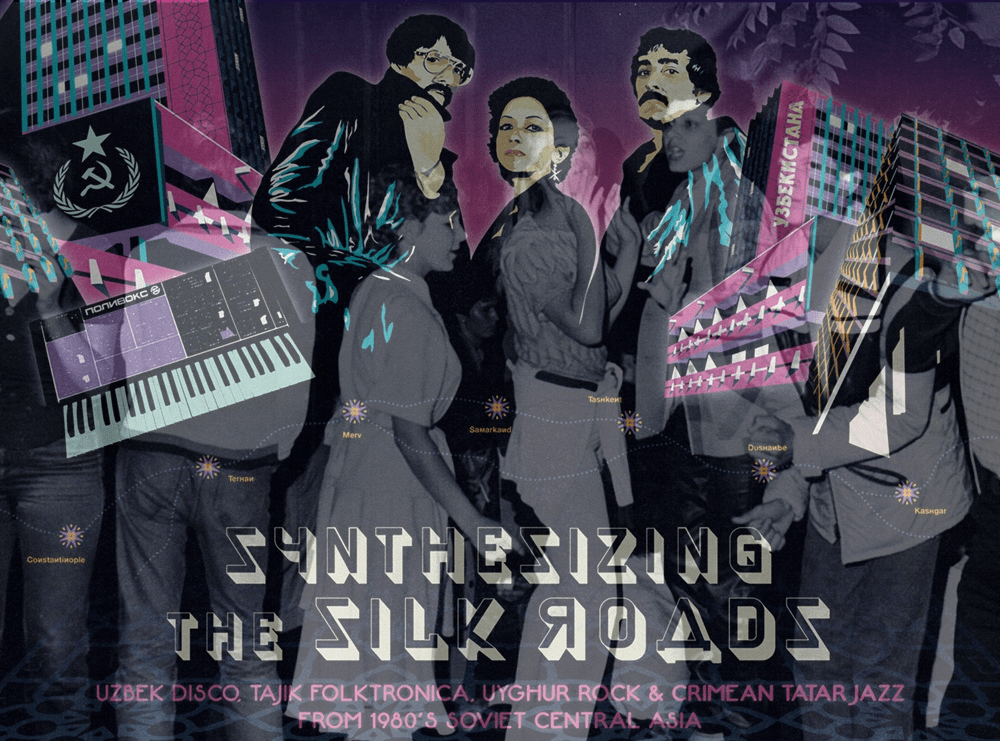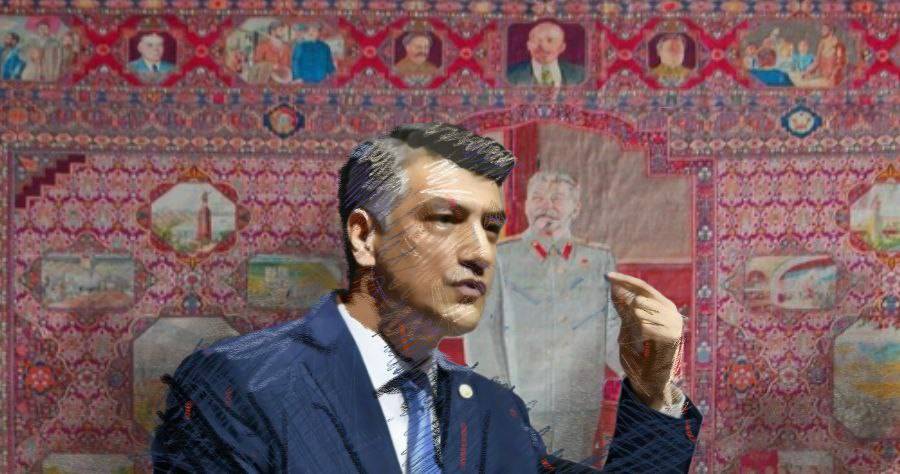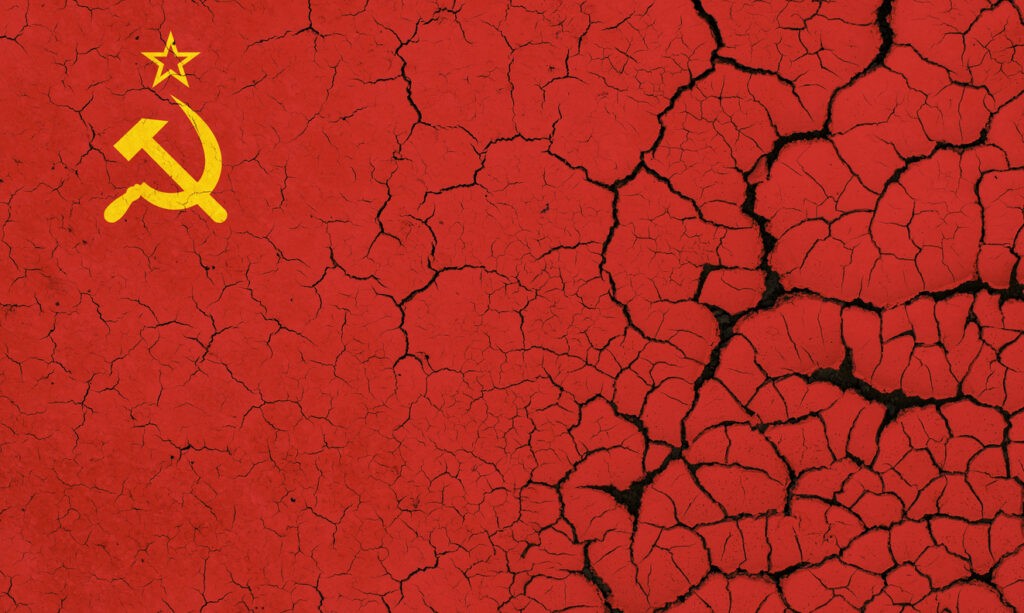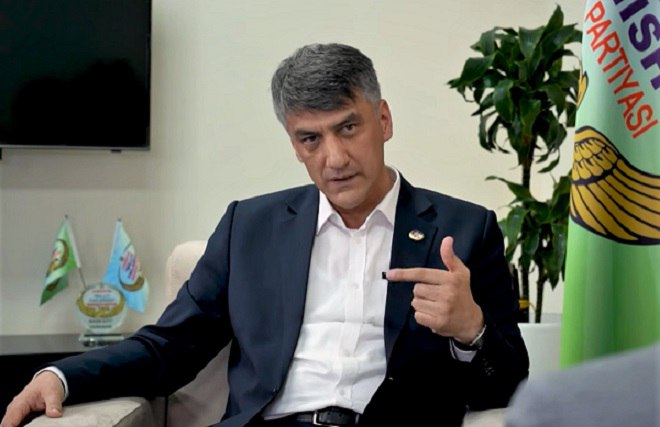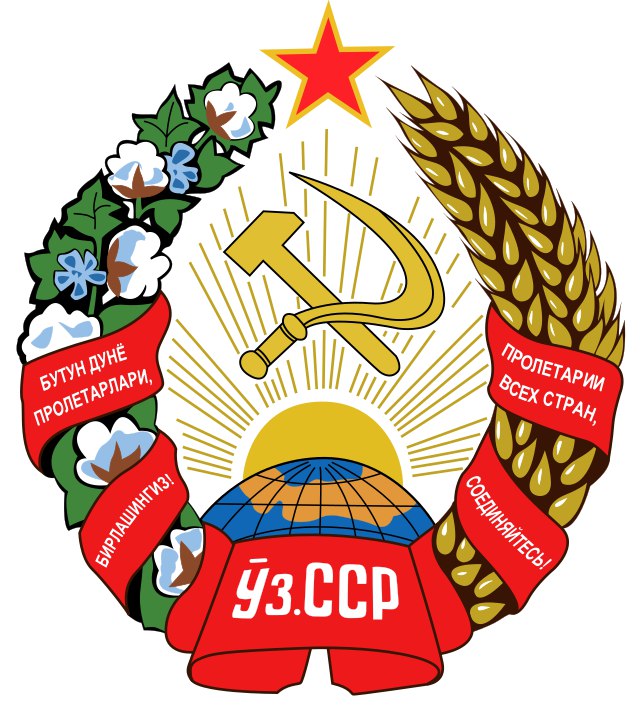A Synthesis of Sounds: How the Silk Road Became the Melting Pot of Music in the Soviet Empire
As a DJ, radio podcaster and music enthusiast, I love discovering hidden retro gems like Nuggets-style compilations. There is an unspoken agreement on an era’s sounds depending on the artist’s breaking into the mainstream at the time. Then there are the obscure cuts and one hit wonders that for some reason didn’t make it big upon release, but dated well or were ahead of their time and found an audience at a later date. On other occasions, it’s about geography; if it had been premiered in a different part of the world, it would have been successful or far more celebrated than it was. In my search for such sounds, I feel it shouldn’t be limited by location; good music has no boundaries. [caption id="attachment_25764" align="aligncenter" width="950"] Yalla band, commemorative stamp, Uzbekistan, 2021 [/caption] There are many compilations touching upon niche genres and moments in time which can transport one to sonically experience a particular era. As a Westerner trying to peek behind the Iron Curtain to gauge the music and arts scene of the 1970’s and 80’s, what flickered across the Cold War barriers seemed controlled, state-approved, and mostly a mystery. It was a delight to learn that under this supposed monochromic blanket, a dynamic underground music scene was flourishing in regions that had a long history of cultural fusion. SYNTHESIZING THE SILK ROADS: Uzbek Disco, Tajik Folktronica, Uyghur Rock & Crimean Tatar Jazz from 1980s Soviet Central Asia features musicians from countries such as Uzbekistan, Tajikistan, and Kazakhstan, who were creating a unique sound that stood apart from anything else being produced in the USSR. TCA spoke to Ostinato record label boss Vik Sohonie about the release. TCA: How does this statement by Peter Frankopan quoted in your liner notes - “The bridge between east and west is the very crossroads of civilization” - relate to or define the music you chose? The music itself is the greatest evidence we have to this argument, because you can hear the cultures of Europe, South Asia, East Asia, West Asia - the Middle East - all mixed into it. Indeed, Central Asia was influenced by all of these regions musically given its unique geography, but it has also influenced the cultures of so many of those parts of the world. During the era of the Silk Roads and the "golden age" of the region, its musical theory, as stated in the liner notes, influenced the music of Europe. [caption id="attachment_25766" align="aligncenter" width="2172"] Natalia Nurumkhamedova album cover[/caption] TCA: How did World War II and Stalin create the circumstances behind the Tashkent and Uzbekistan scene? When the Nazis invaded the Soviet Union, Stalin put the best and brightest minds on trains bound for Soviet Central Asia, mainly Uzbekistan and its capital, Tashkent. There were recording engineers on board who went on to set up one of the biggest press plants in the Soviet Union that produced millions of records. A little-known story of World War II - the evacuation from the Eastern...
